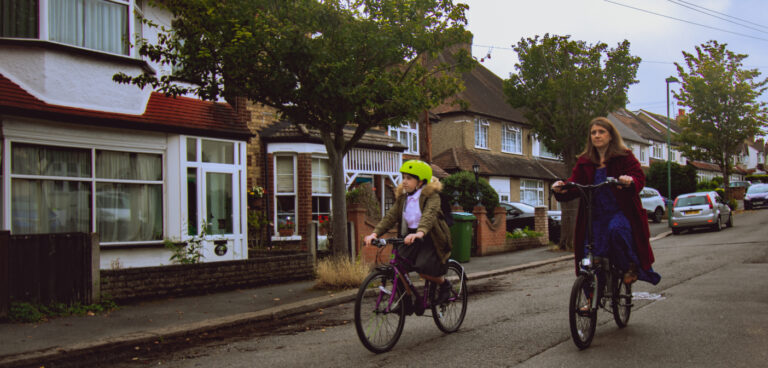Transport for London (TfL) is proposing to introduce measures to help children travel safely and sustainably across the UK capital city when schools reopen in September.
Those who are able to walk, cycle or scoot to school in London are being encouraged to utilise TfL’s Streetspace programme. More than £3m has been invested to date in 415 School Street schemes, across 26 boroughs, making active journeys to school safer and easier by limiting car access to school gates at drop-off and pick-up times.
Some 22 School Street schemes have been delivered through the Streetspace programme so far, with more due for completion in the coming weeks. To ensure the schemes being delivered are accessible to all road users, local businesses and blue badge holders can apply for exemptions that grant them access to School Streets during their hours of operation.
More than 3,000 schools have been advised by TfL to encourage active travel and staggered start and end times, with bespoke plans for those schools served by the busiest bus routes for school travel. What’s more, a new dedicated webpage for education providers has been developed to give the latest advice and useful resources for schools to encourage safe and sustainable travel among their pupils.
Claire Mann, TfL’s director of bus operations, said: “Safety is always our priority, which is why we have our extensive cleaning regime that’s making our buses and Tubes cleaner than ever. As demand is set to grow further with the new academic term, it’s vital that we build on our existing measures, such as our Streetspace initiatives, providing pupils and parents with the means to travel safely and an alternative to car use, which would lead to high levels of congestion and pollution.”
According to TfL, buses, as the most common transport mode for schoolchildren, are likely to see the biggest increase in demand in September. Thus, plans include dedicating a number of buses for school travel on high-frequency routes that TfL has forecasted to be the busiest. These services will be clearly signed, and information will be posted at bus stops and online.
TfL said it is also planning to add more than 200 extra dedicated school buses onto some of the busiest low-frequency bus routes, including its existing school services. These planned measures have been prioritised for those routes on which students travel longer distances, with funding coming through an additional £5.8m grant from the UK Department for Education.
TfL’s trial of 24-hour bus lanes on its own roads, due to start in the coming weeks, will support changing travel patterns and staggered school hours, helping to maximise capacity and support social distancing, keep bus journey times consistent throughout the day, and reduce crowding at bus stops.
Furthermore, cycle routes and more cycle parking are being created to facilitate cycling, while a new online Cycle Skills course for new and existing cyclists recently launched, with a module targeted at children. A £2m grant from the UK Department for Transport will allow local authorities across London to deliver cycle training from August onwards.





